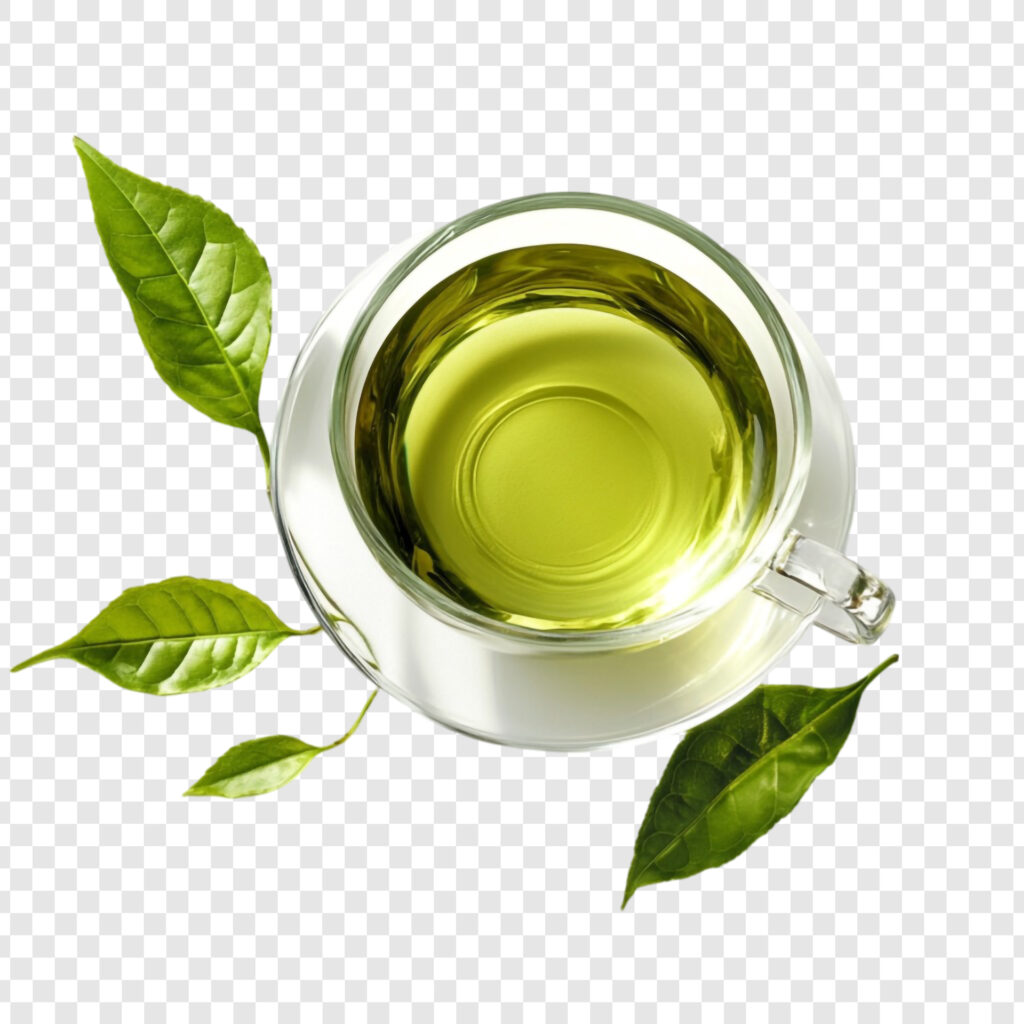#HerbalTea #TeaForWellness #HealthBenefitsOfTea #TeaLover#HolisticHealth
Composed by Anuchit Thepsee JIU Wellness Co., Ltd
“Not recommended for individuals taking anticoagulants or those with hypoglycemia.”
Many people turn to herbal tea for wellness and relaxation. But not all teas are safe for everyone. Certain herbal ingredients can interact with medications or affect blood sugar levels, making them potentially dangerous for individuals on blood thinners or those prone to low blood sugar.
Herbs in Tea That Require Special Caution
1. Ginkgo biloba
Known to inhibit platelet aggregation, Ginkgo may increase the risk of bleeding, especially when used with anticoagulant medications like warfarin or aspirin.
Reference: Izzo & Ernst, 2009
2. Cinnamon
Contains cinnamaldehyde, which may lower blood sugar significantly, posing risks to individuals with hypoglycemia or those on insulin or diabetic drugs.
Reference: Ranasinghe et al., 2012
3. Ginseng
Can lower blood glucose and may interfere with blood clotting mechanisms. Korean ginseng has been shown to have these dual effects.
Reference: Reay et al., 2006
4. Ginger
Widely used for digestion and inflammation, ginger may also thin the blood and reduce clotting, increasing the risk of bleeding when combined with anticoagulants. It can also lower blood sugar levels.
Reference: Nicoll & Henein, 2009

Why Are Warning Labels Important?
- They protect consumer health by preventing serious side effects.
- They raise awareness so consumers can make informed choices.
- They increase brand responsibility and trustworthiness.
#ชาเพื่อสุขภาพ #ข้อควรระวังในการดื่มชา #สมุนไพรมีผลข้างเคียง #สุขภาพปลอดภัย #อ่านฉลากก่อนดื่ม
#jiuwellness #jamesnourisher #herbalteasafety #ginkgo #gingerhealth #bloodthinnerawareness #hypoglycemiaalert #readlabels #plantbasedwellness

